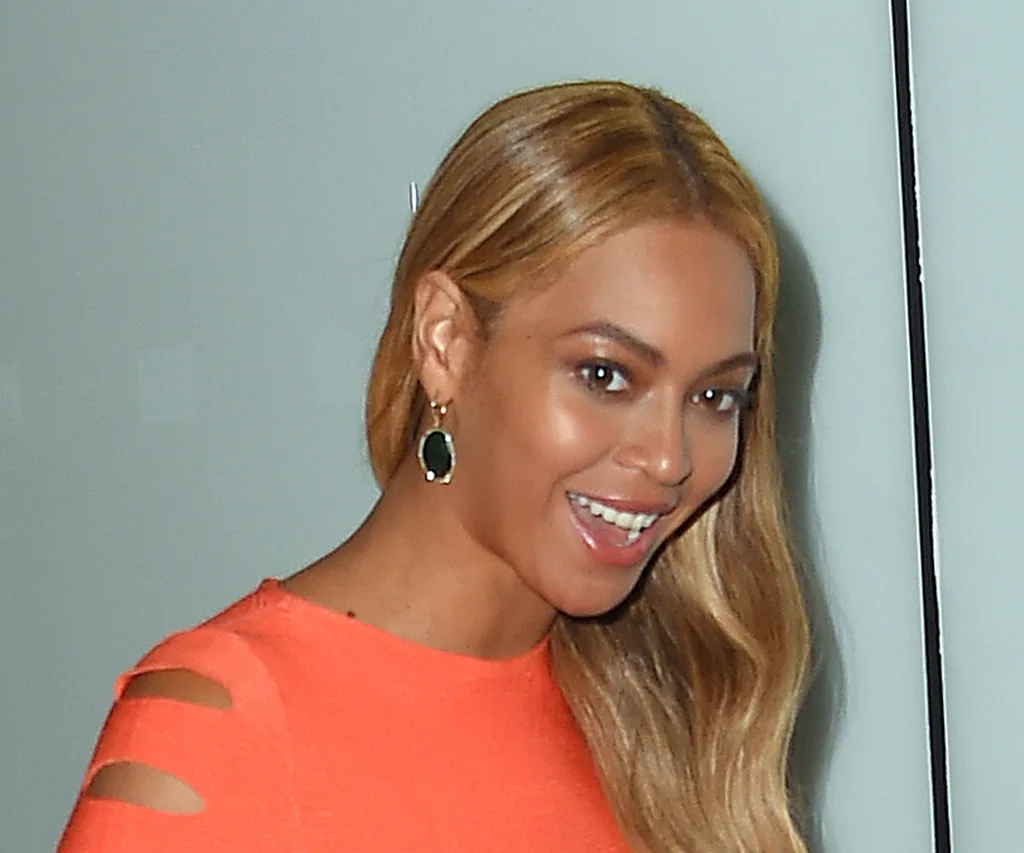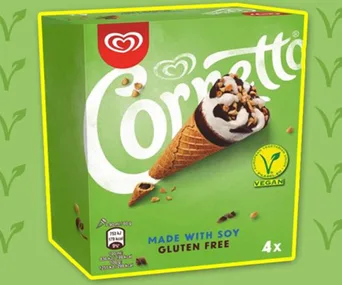Whether you’re a vegetarian thinking of taking the next step or new to the plant-based lifestyle, here’s all you need to know about staying healthy when going vegan.
Veganism 101
Vegans choose not to eat meat − including fish, shellfish, livestock and poultry − eggs, dairy products, honey and gelatine.
For some people, the vegan lifestyle also means avoiding materials derived from animals, including leather, fur, silk, and wool, as well as cosmetics and soaps containing animal products or which are tested on animals.

Beyonce announced she was vegan in 2015 on Good Morning America.
In recent years, widespread messaging has brought the benefits of eating less meat into the spotlight, paving the way for veganism to go increasingly mainstream. Overseas, restaurant chains like Wagamama and Pizza Hut have put vegan dishes on the menu, and large-scale supermarkets worldwide have extended the range of vegan products on the shelves.
As more people jump on board the plant-based bandwagon, experts say the diet has some great health benefits, but there are some key aspects to be aware of if you’re thinking of diving in.
According to holistic nutritionist Natalie Brady, learning to listen to your body’s unique needs is an important part of the process.
“I’ve noticed a huge increase in vegan clients in the past year, and people often tell me they are going vegan because of documentaries like What the Health and Cowspiracy. Some of them have switched within a week of seeing these films! It’s a really individual choice, but of course it’s important to do it for the right reasons.
“A lot of younger people seem to do it because of what they have seen on social media. Some people do really thrive off being vegan, but it’s important to remember that everyone’s body has different needs, no body is the same, and it’s about figuring out what is in your best interests.”
It’s all about balance
You don’t have to look far to read about the benefits of a more plant-focused diet, although the definition of the term is up to the individual. At her clinic, Natalie advises clients to stick to 80 per cent plant-based foods, and 20 per cent meat sources. But for those who do prefer to exclude animal products entirely, there can be some big positives if you do it right.
“If it’s a wholesome, well-balanced diet, veganism promotes an abundance of wholegrains, legumes, nuts, seeds veges and fruit,” Natalie says. “This often means a whole lot more folate in the diet, as well as more vitamin E, vitamin C, and magnesium. Vegans can get a far wider range of vitamins, minerals and antioxidants compared with other diets.”
The high vegetable intake that’s part of the vegan diet means it’s typically rich in fibre. And with research saying most adults don’t incorporate enough fibre into their daily diet, this is a major plus. Experts say men should consume about 38g of fibre a day and women about 25g, although research from the University of Minnesota found Americans average only 14g of fibre each day − and it’s thought to be a similar case for many who follow a typical Western diet.
Vitamin watch
When it comes to the nutritional downsides of ditching meat, Natalie says vitamin and iron deficiencies, and a lack of protein and essential fatty acids, are factors to keep an eye on. “The biggest one is definitely a vitamin B12 deficiency,” she explains. “It’s very hard to obtain optimal levels of B12 following a vegan or vegetarian diet.

^^ Us thinking long and hard about vitamins…
The B group vitamins can’t be stored in the body, and B12 in particular is found in its highest concentration in red meat.” Fatigue, shortness of breath, mood disturbances and headaches are among the many signs of a lack of B12, and a simple blood test can determine whether a supplement is necessary. Iron deficiencies are common the world over, especially in women, but a vegan diet can make it harder to keep iron levels where they need to be.
“If you don’t eat meat, there’s still a lot you can do nutritionally to boost iron, like including lots of leafy greens in the diet, and spirulina is another good source,” Natalie says.
“But it’s important to remember you have to have really good gut health to get the most benefits. The plant-based form of iron, called non-haem iron, is a lot harder for the body to absorb.”
The protein factor
We all know the importance of protein, but it’s the amino acids within it that are vital for optimal health. Out of the 20 amino acids found in protein sources, nine are essential and need to be consumed daily, and 11 are nonessential, Natalie explains.
“All meat sources contain all 20 amino acids, but vegetarian and vegan sources like beans, legumes and nuts don’t have the complete count. On the plus side, however, soy products like tofu and tempeh do have the complete set.”
Experts say we should be eating about 0.75-1g of protein per kilo of body weight for normal, everyday function, although those who exercise a lot or have specific conditions may need more. To put it all in perspective, 100g of chicken has roughly 25-30g of protein, while tofu has about 10g of protein per 100g. Tempeh packs a higher plant-based protein punch at 19g per 100g, while a serving of a quality protein powder can provide 15-20g.
“I advise vegans to look at protein combining, which means having a couple of different sources at the same time, like nuts and legumes, or wholegrains and beans,” says Natalie.
“That helps to keep a good amino acid count throughout the day. I would advise a wholefood vegan diet, rather than focusing too much on soy products, which can be highly processed.”
And in order to keep vitamin, protein, and energy levels high, it helps to have a bit of know-how and some sharp organisation skills.
“One thing I say to people who come to me wanting advice on going vegan is ‘How much are you willing to prepare?'” says Natalie.
“You need to put in a bit of effort to make sure you are getting your protein and iron, and that comes down to preparation.
“It requires more effort as a vegan to stay healthy and thrive every day. You have to put that time aside and prioritise your health more.”

